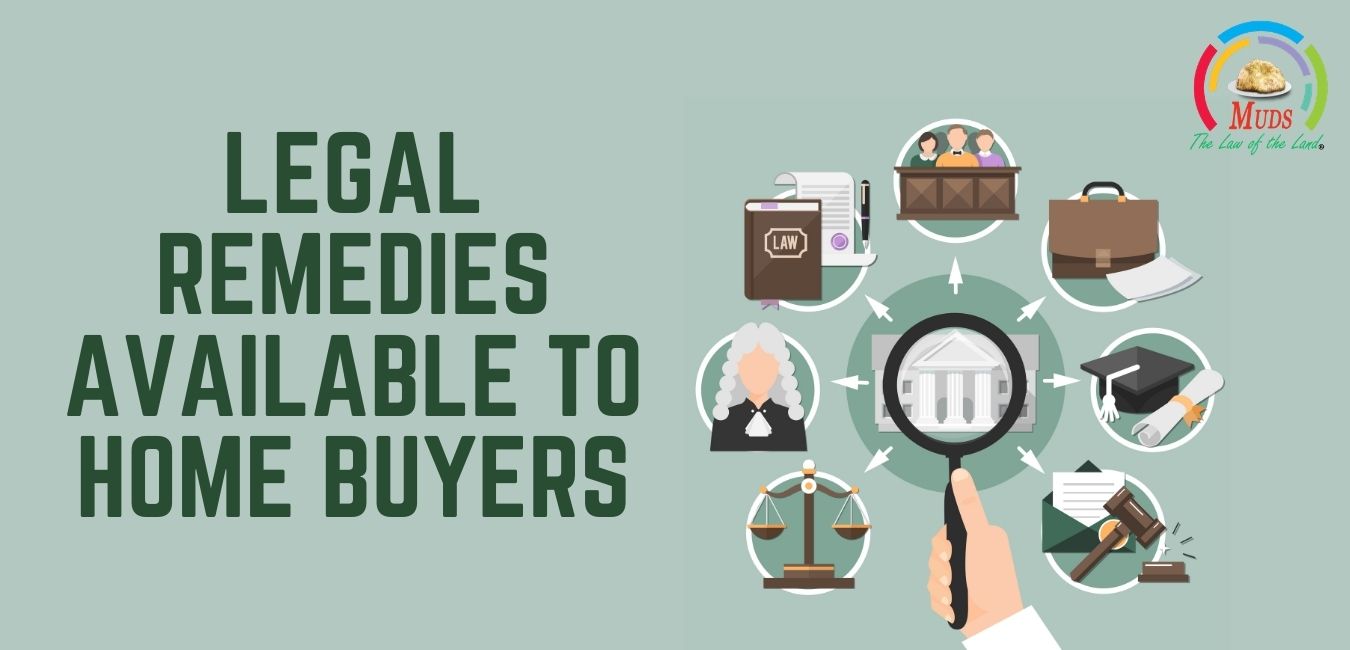
Exploring Legal Remedies for Justice
Understanding Legal Remedies
Legal remedies are the means by which a court enforces a right, imposes a penalty, or makes a party whole after a legal harm. When individuals or entities face legal issues, understanding the available legal remedies is crucial for seeking justice and resolving disputes.
Types of Legal Remedies
Legal remedies can be categorized into two main types: monetary and equitable remedies. Monetary remedies involve the payment of damages or compensation, while equitable remedies focus on non-monetary solutions such as injunctions, specific performance, or declaratory judgments. The choice of remedy depends on the nature of the legal issue.
Compensatory Damages for Losses
Compensatory damages are a common monetary remedy awarded to compensate a party for losses incurred due to the wrongful actions of another. These damages aim to restore the injured party to the position they would have been in had the wrongful act not occurred. It includes both economic and non-economic losses.
Punitive Damages for Deterrence
In certain cases, punitive damages may be awarded to deter the defendant and others from engaging in similar wrongful conduct. Unlike compensatory damages, punitive damages go beyond compensation and are intended to punish the wrongdoer for their actions. The amount is often determined based on the severity of the misconduct.
Injunctive Relief to Halt Unlawful Actions
Injunctive relief is an equitable remedy that involves a court order to halt or prevent certain actions. This remedy is sought when monetary compensation is not sufficient to remedy the harm caused. Injunctions can be temporary or permanent and are used to stop ongoing harm or prevent future violations.
Specific Performance for Contractual Breaches
When a party fails to fulfill contractual obligations, the court may order specific performance as a remedy. This equitable remedy requires the breaching party to fulfill their contractual duties as outlined in the agreement. It is typically sought when monetary damages would not adequately address the breach.
Declaratory Judgment for Legal Clarity
A declaratory judgment is a legal remedy sought to clarify the rights and responsibilities of parties in a legal dispute. Instead of awarding damages or ordering specific actions, the court issues a declaration regarding the legal status of the parties involved. It provides clarity on legal issues without requiring further action.
Restitution to Restore Unjust Enrichment
Restitution is a remedy focused on restoring unjust enrichment. When one party benefits at the expense of another, the court may order restitution to ensure that the unjustly enriched party returns the value of the benefit received. Restitution aims to prevent unjust gains and promote fairness.
Legal Remedies in Tort Cases
In tort cases, where individuals seek redress for civil wrongs, legal remedies include both compensatory and punitive damages. Additionally, injunctive relief may be sought to stop ongoing harm. Legal remedies in tort cases aim to compensate the injured party and deter future wrongdoing.
Navigating the Legal Remedies Process
Navigating the legal remedies process involves understanding the specific facts of a case, applicable laws, and the desired outcome. Legal counsel plays a crucial role in advising individuals on the most appropriate remedies to pursue and guiding them through the legal process.
Seeking Legal Remedies Advice
For individuals facing legal challenges, seeking advice from legal professionals is essential. Experienced attorneys can assess the circumstances, identify applicable legal remedies, and guide individuals through the legal proceedings. Legal remedies provide a structured approach to addressing legal issues and seeking justice.
For more information and resources on legal remedies, visit Legal Remedies. This comprehensive guide offers additional insights and assistance for individuals seeking justice through the appropriate legal remedies.


